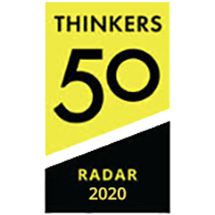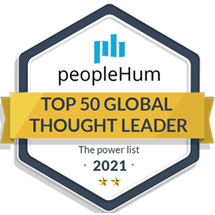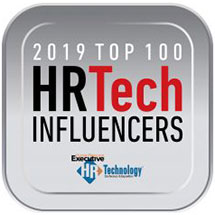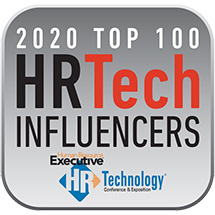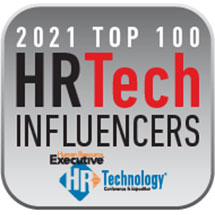KEYNOTE THEMES
Future of Work | Digital Transformation | Artificial Intelligence & Human Capital
Leaders need a clear-eyed way to think about how technology will specifically affect their organizations.
The right question isn’t which jobs are going to be replaced, but rather, what work will be redefined, and how.
Based on his research and work with a number of organizations grappling with these issues, Ravin is a frequent keynote speaker at major conferences around the world on the topics of future of work, automation and AI, human capital and digital transformation.
Learning – Powering The Journey Of Perpetual Reinvention
New ways of working, digitalization, emerging automation options and new ways of organizing work are shrinking the half-life of many, particularly technical, skills while increasing the premium on many “soft” skills like critical thinking, problem solving, teamwork and collaboration. Countless professions that used to guarantee a good income based on earning the relevant technical degree and incrementally upskilling over a 30 year career are being disrupted exponentially such that the shelf life of such degrees is increasingly less than 10 years.
REINVENTING JOBS
A 4-STEP APPROACH FOR APPLYING AUTOMATION
Gain a practical understanding of what the future of work will really look like, and how it will impact organizations as they seek growth and success in an era of change and digital transformation. More importantly, this keynote session will help you understand how leaders can guide this change within their own organizations and will provide you with a framework that will help leaders responsibly apply automation to achieve a sustainable combination of humans and machines.
THE FUTURE OF WORK
The fourth industrial revolution has arrived, heralding a transformative change in work with widespread consequences for companies and individuals. Is your organization prepared?
As technology continues its inexorable advance, will we see the continued empowerment and enablement of the individual? Will we see the decline of the organization as the primary means for organizing work?
It is time to separate fact from fiction and embark on a journey to understand the why, what and how behind the future of work.
SUSTAINABLE DIGITAL TRANSFORMATION
AND THE ROLE OF THE CHIEF PEOPLE OFFICER
Curiosity and the drive to learn are going to be the most critical skills as the HR profession is on the edge of entering a demanding Fourth Industrial Revolution. As the traditional role of a Chief Human Resource Officer undergoes a transformation and turns into a Chief People Officer, with the convergence of technology, machines and humans, workplaces will soon hire Chief People and Machine Officers and Chiefs of Work. Increasingly this profession needs to shift from being a steward of employment to being a steward of work.
CREATING A SHARED VISION FOR TALENT
IN THE 4TH INDUSTRIAL REVOLUTION
In the midst of the fourth industrial revolution, which is characterised by swift and unexpected change across economies and labour markets, a new shared vision for talent is needed to ensure current and future social mobility.
HR 4.0
The key strategies for business leaders and human resource executives to manage people and work in the Fourth Industrial Revolution.
AI AND HUMAN CAPITAL – SHAPING THE FUTURE
Your organization has made the decision to adopt automation and artificial intelligence technologies. Now, you face difficult and stubborn questions about how to implement that decision: How, when, and where should we apply automation in our organization? Is it a stark choice between humans versus machines? How do we stay on top of these technological trends as work and automation continue to evolve?
Subscribe today!
Be always up to date with the latest news and trends on the Future of Work and Digital Transformation.

